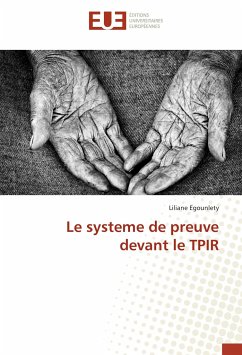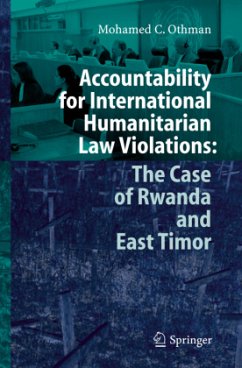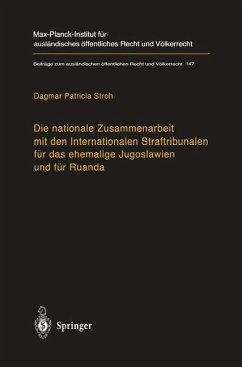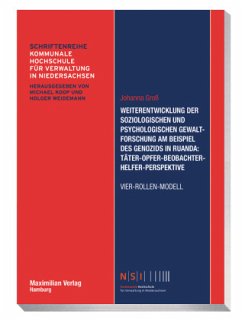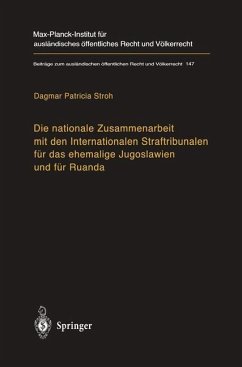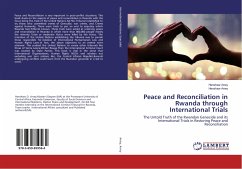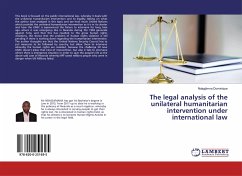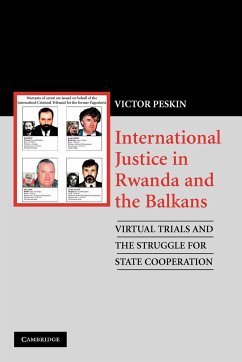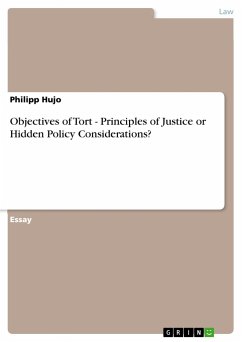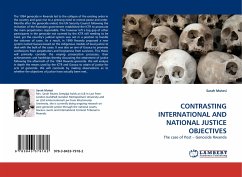
CONTRASTING INTERNATIONAL AND NATIONAL JUSTICE OBJECTIVES
The case of Post - Genocide Rwanda
Versandkostenfrei!
Versandfertig in 6-10 Tagen
32,99 €
inkl. MwSt.

PAYBACK Punkte
16 °P sammeln!
The 1994 genocide in Rwanda led to the collapse of the existing order in the country and gave rise to a pressing need to restore peace and order. Months after the genocide ended, the UN Security Council following the invitation of the Rwandan government established the ICTR to prosecute the main perpetrators responsible. This however left a big gap of other participants in the genocide not covered by the ICTR still needing to be tried, yet the country's judicial system was not in a position to handle the volumes of cases. As a result, in 1999 Rwanda proposed a new system named Gacaca based on ...
The 1994 genocide in Rwanda led to the collapse of the existing order in the country and gave rise to a pressing need to restore peace and order. Months after the genocide ended, the UN Security Council following the invitation of the Rwandan government established the ICTR to prosecute the main perpetrators responsible. This however left a big gap of other participants in the genocide not covered by the ICTR still needing to be tried, yet the country's judicial system was not in a position to handle the volumes of cases. As a result, in 1999 Rwanda proposed a new system named Gacaca based on the indigenous models of local justice to deal with the bulk of the cases. It was also an aim of Gacaca to promote confessions from perpetrators and forgiveness from survivors. This thesis will primarily consider the varying prosecution processes, their achievements and hardships thereby discussing the attainment of justice following the aftermath of the 1994 Rwanda genocide. We will analysein depth the means used by the ICTR and Gacaca to attain of justice for acts of genocide. We will conclude by making observations as to whether the objectives of justice have actually been met..



